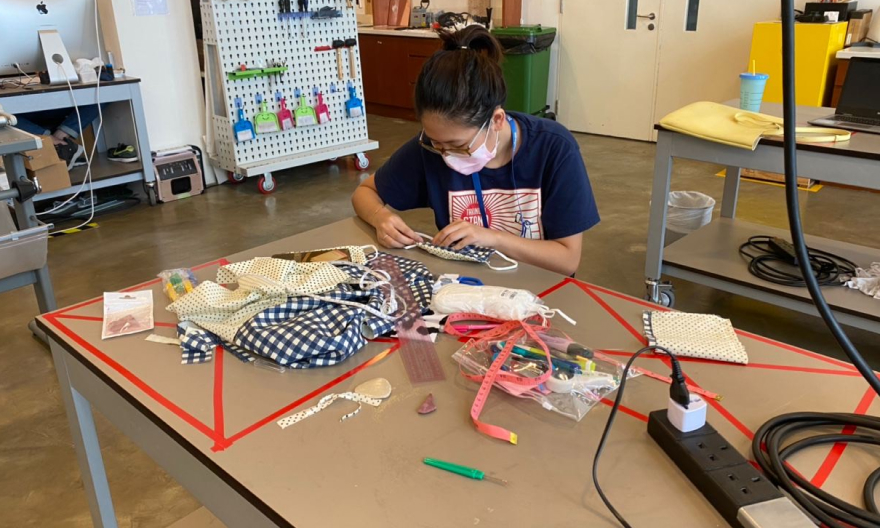At the Centre for International & Professional Experience (CIPE), we create global opportunities to enhance our students’ academic learning, broaden their perspectives, and hone the skills they need to succeed as students today and leaders tomorrow.

Career Development
We support students in embarking on a journey of self-discovery to identify career paths that make good use of their gifts and talents.

Study Abroad
We broaden students’ learning through international exposure via semester and summer study abroad programmes around the world.

Leadership and Social Impact
We develop students’ self-awareness, enhance their ability to collaborate in teams, and commit to a common purpose with their community.

Graduate School and Global Scholarships
We guide students and alumni pursuing graduate studies and global scholarships through specialised advising.

Week 7 and Learning Across Boundaries (LABs)
We create distinctive experiential learning opportunities, developed in collaboration with Yale-NUS College faculty.

Student Research Opportunities
We support students in exploring their interests and gaining research experience under faculty mentorship, either in Singapore or overseas.
Entrepreneurship on Campus
We nurture, encourage and develop entrepreneurs and intrapreneurs who will be creative, risk-taking and innovative during their time in college and beyond.

Summer Opportunities
We offer a global portfolio of learning opportunities for students to pursue during the summer term break.
Loading…
Any Queries?
Contact us.
Singapore 138610
Have a question?
View Frequently Asked Questions.





